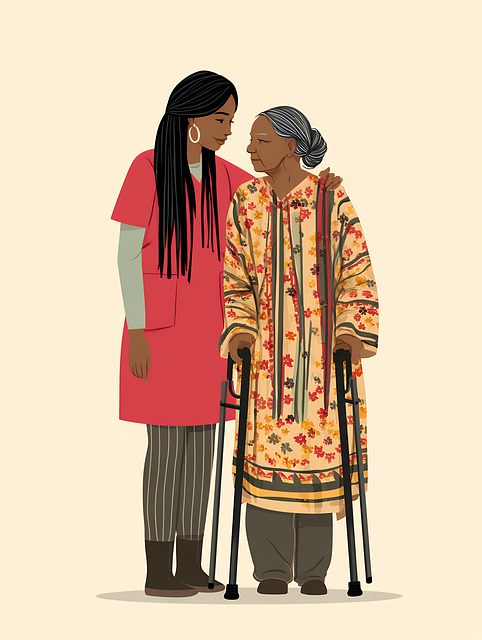In Oregon, legal assistance commitments are key to providing equal access to justice for residents with limited financial means. The state partners with legal service providers through programs administered by the Oregon Legal Services Organization (OLSO) to offer free or low-cost legal aid in areas like family law, housing, consumer rights, and public benefits. Eligibility is based on income screening, followed by assignment of a lawyer offering pro bono or discounted services. This system benefits both vulnerable individuals and volunteering legal professionals, upholding fairness and equality in Oregon's judicial processes.
Oregon offers vital legal support through its commitment to ensuring access to justice. This article explores the intricate details of legal assistance commitments, guiding you through the process and answering key questions. From understanding what these commitments entail to identifying eligibility criteria, we’ll navigate the fundamentals. We’ll then delve into the step-by-step process of seeking help, empowering individuals to manage their legal obligations effectively. Unravel the complexities with this comprehensive guide on legal assistance commitments in Oregon.
- Understanding Legal Assistance Commitments in Oregon
- Who Qualifies for Legal Aid in Oregon?
- Navigating the Process: Getting Help with Commitments
Understanding Legal Assistance Commitments in Oregon

In Oregon, legal assistance commitments play a pivotal role in ensuring that individuals facing various legal issues, particularly those with limited financial resources, have access to quality representation. These commitments are agreements between the state and qualified legal service providers, aiming to deliver free or low-cost legal aid to eligible clients. The process involves screening to determine eligibility based on income and other criteria, followed by the assignment of a lawyer who will represent the individual pro bono or at a significantly reduced rate.
Oregon’s commitment to legal assistance is reflected in its robust network of legal service organizations, covering a wide range of civil legal matters. This includes, but is not limited to, family law, housing issues, consumer rights, and public benefits. Understanding these commitments is crucial for both residents seeking aid and the legal professionals who volunteer their services, as it fosters a more accessible and equitable justice system.
Who Qualifies for Legal Aid in Oregon?

In Oregon, individuals and families who face financial hardships and cannot afford legal representation for commitments may qualify for legal aid. The state’s legal assistance programs are designed to ensure that everyone has access to justice, regardless of their income or assets. To be eligible, applicants must meet specific criteria, including a low income level, as determined by the Oregon Legal Services Organization (OLSO). This organization administers the state’s legal aid funds and ensures that resources are allocated to those most in need.
Additionally, certain types of cases involving legal assistance commitments may be prioritized. These can include matters related to family law, criminal defense, housing issues, and consumer rights. The goal is to provide support for vulnerable populations who might otherwise struggle to navigate the legal system alone. By offering these services, Oregon strives to uphold the principles of fairness and equality in its judicial processes.
Navigating the Process: Getting Help with Commitments

Navigating the process of legal commitments can be complex and daunting, especially for those unfamiliar with the system. Oregon offers a range of legal assistance services designed to support individuals through this crucial time. These services are vital in ensuring that everyone has access to representation and guidance, regardless of their financial situation.
Legal assistance for commitments provides an opportunity for people to understand their rights, explore options, and make informed decisions. It involves a team of qualified professionals who can offer advice, help prepare legal documents, and represent individuals in court. This support is particularly beneficial when facing significant life changes, such as commitment proceedings, ensuring that every step is taken with the best interests in mind.
